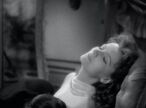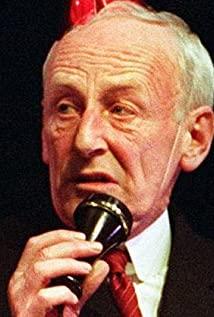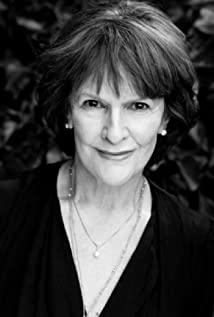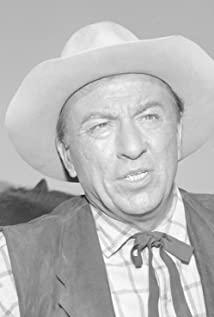-
Libbie 2022-04-19 09:02:44
"Lady of Camellia"
I watched this movie 8 or 9 years ago when I was in junior high school. "La Traviata" was also the first love story I saw, but it was the love story that moved me the most so far. I have read this novel 5 times. Although Garbo's movie won the Academy Award, I feel that it really didn't play...
-
Telly 2022-01-21 08:02:17
Half a century of ups and downs in Paris. Enchanted with luxury. Written at 2013-04-27 22:09:56
Different from the term "classic romance film" that everyone agrees with, in my opinion, it reflects the extravagant and extravagant life of Parisian upper-class society and high-ranking dignitaries in the 19th century. The short but bitter life of the heroine highlights the inflammatory trend of...
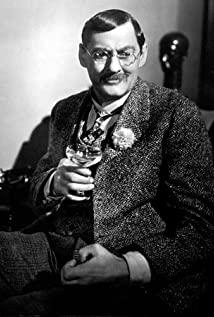
Lionel Barrymore
Lionel Barrymore (Lionel Barrymore, April 28, 1878-November 15, 1954), was born in Pennsylvania, USA, an American film actor, also a director and screenwriter, formerly known as Lionel Bryan.
He began to participate in film shooting in 1909, and he played an important role in many early works of director Griffith, such as "The Hat of New York" (1912). He also wrote screenplays such as "The Kind Child" (1913) for Griffith. In 1915, White Pearl starred in two series of "The Adventures of Elaine" and "Elaine's Love", he participated in the performance, while Lionel Barrymore also made films for other film companies, occasionally guest director.
Performing Experience
He was born in a well-known American stage family, and is the eldest son of famous actors Morris Barrymore and Georgiana Drew. He was influenced by family drama education since childhood. He was on the stage as a teenager and became Broadway at the age of twenty-two. The main actor, often performed on the same stage with his uncle John Drew. Lionel Barrymore has always focused on the stage career. In 1925, he finally decided to change his career and devote himself to the film career. The following year, he signed a contract with Metro-Goldwyn-Mayer, Inc. , after which he worked for the company for 27 years. He first acted as a protagonist and also directed a movie, and later changed to a character actor , still a star. The 1930s and 1940s were the prolific period of his works, and he made more than 250 films throughout his life, playing various characters. From 1929 to 1931, he directed five films for Metro-Goldwyn-Mayer, Inc., in the early sound film "A Lady" (1929), he was the first to use a mobile microphone, and this film also He was nominated for the second Academy Award for Best Director in 1929. In 1931, he won the fourth Academy Award for Best Actor in the film "Free Flower". In 1933, he co-starred with his brother John and sister Ethel in "Rasputin", which described the secrets of the old Russian palace. This was also the only collaboration between their brothers and sisters on the screen.
In the late 1930s and early 1940s, Metro-Goldwyn-Mayer, Inc. shot several series of films. Among them, "Doctor Gilda" was very popular, and Lionel Barrymore participated in 15 episodes including "Hands Healing Heart". In his performance, he played the leading role Dr. Gillespie. In 1938, he was paralyzed due to arthritis and a leg injury, which made him unfit to move. However, he was still actively engaged in Film performances . In films such as "The Empty Valley" and other films, he played the role in a wheelchair. Lionel Barrymore wrote a novel "Mr. Cantonese Wine" and a memoir "We Barrymore" (published in 1951). He can paint, etch, and compose music. To commemorate his younger brother John Barrymore , he wrote a poetic lyrical piece " Remembrance ", which was performed by the Philadelphia Symphony Orchestra in 1942.
Personal Life
family member:
Father: Maurice Barrymore (movie actor)
Mother: Georgiana Drew (film actor)
Brother: John Barrymore John Barrymore (movie actor)
Sister: Ethel Barrymore ethel Barrymore (movie actor)
marital status:
Second wife: Irene Fenwick (actor) (June 14, 1923-December 24, 1936)
First wife: Doris Rankin (actor) (June 19, 1904-December 21, 1922)
Extended Reading
Related articles
-
Marguerite: It's you. It's not a dream.
Armand: No, it's not a dream. I'm here with you in my arms, at last.
Marguerite: At last.
Armand: You're weak.
Marguerite: No, no. Strong. It's my heart. It's not used to being happy.
-
Marguerite: I always look well when I'm near death.





